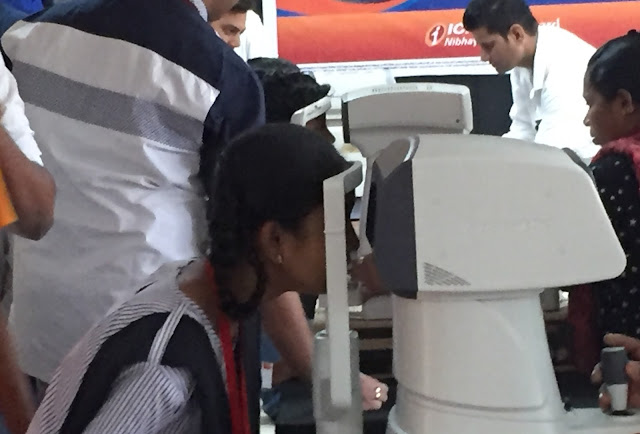Banking and financial services in the Netherlands were at a standstill as the country’s biggest banks and financial services systems were attacked by the potentially dangerous DDoS attack. Offline banking and online banking services of ABN AMRO, ING, and Rabo Bank were severely hit on 27th and 28th January.
Internet Banking, Mobile Banking, the abnamro.nl website and iDeal were unavailable or extremely slow on 27 January from around 20.00 to 00.15 CET and on 28 January from 12.00 to 14.00 CET and after 19.00 CET. This was due to so-called DDoS attacks. In a DDoS attack, attackers send large volumes of data traffic to a website, which overloads the server. For users, the site under attack becomes difficult to access.
Rabobank, the Netherlands’ second-largest lender, had a failure that lasted about three hours on Monday morning. Customers had no access to mobile banking and internet banking due to the disruption. Around noon, the website of the Dutch tax authorities was also hit by a DDoS attack. Over the weekend, ING, the country’s largest bank, and ABN Amro were also hit by DDoS attacks. The services are restored now and the banks said clients’ info was not compromised or leaked.
According to Cloudflare, a distributed denial-of-service (DDoS) attack is a malicious attempt to disrupt normal traffic of a targeted server, service or network by overwhelming the target or its surrounding infrastructure with a flood of Internet traffic. DDoS attacks achieve effectiveness by utilizing multiple compromised computer systems as sources of attack traffic. Exploited machines can include computers and other networked resources such as IoT devices. From a high level, a DDoS attack is like a traffic jam clogging up with the highway, preventing regular traffic from arriving at its desired destination.
Security firm ESET suggested that the attack was conducted from the Russian servers. The perpetrators used a so-called botnet – an army of hijacked computers and smart devices – to commit the DDoS attacks. Using the program Zbot, they remotely ordered these devices to visit a certain site en masse, thereby overloading the site’s server and crashing the site.
The motive for these attacks is still unknown. The security company points out that the perpetrators can be anyone ranging from bored teenagers to state hackers – DDoS attacks are easy to buy online. With the rise of malware and DDoS attacks, cybersecurity has become critical to protect nation’s infrastructure.
– Chaitanya Kulkarni
Source – Netherland Times.
Originally published on DigiCookies.com | Tech that transforms life.









